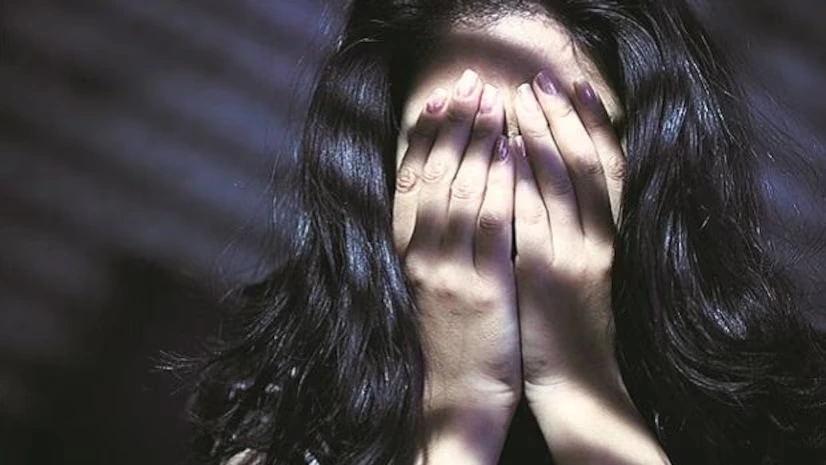Kota, Rajasthan’s coaching hub, is once again in the national spotlight after the Supreme Court of India sharply criticised the state government over the alarming rise in student suicides this year. On Friday, a bench led by Justices J B Pardiwala and R Mahadevan described the situation as “serious”, questioning why so many young lives are being lost in Kota and whether the state has truly considered the gravity of the crisis.
The court’s remarks came while hearing cases related to the recent deaths of a 22-year-old IIT Kharagpur student and a NEET aspirant, both of whom died by suicide. So far in 2025, 14 student suicides have been reported in Kota, a city that draws thousands of students from across India for intensive coaching for competitive exams like JEE and NEET. The bench expressed anguish over the state’s response, especially pointing out delays in filing First Information Reports (FIRs) and lapses in police procedure.
Supreme Court’s Tough Questions and State’s Response
During the hearing, the Supreme Court repeatedly questioned the Rajasthan government’s counsel. “What are you doing as a state? Why are these children dying by suicide and only in Kota? Have you not given a thought as a state?” Justice Pardiwala asked, highlighting the need for urgent and effective intervention. The court was particularly dissatisfied with the four-day delay in registering an FIR in the IIT Kharagpur student’s case and the failure to register an FIR in the NEET aspirant’s case.
The Rajasthan government informed the court that a Special Investigation Team (SIT) has been formed to probe the suicide cases. However, the bench was not satisfied and summoned a Kota police official to appear in court on July 14 to explain the lapses and the steps being taken.
Underlying Causes and Efforts to Address the Crisis
Kota’s reputation as India’s coaching capital comes with a dark side. The intense academic pressure, high parental and societal expectations, and isolation from family support networks create a high-stress environment for students. Many students, living away from home for the first time, struggle to cope with the rigorous schedules and the fear of failure. The competitive atmosphere can lead to feelings of inadequacy, loneliness, and hopelessness, especially when students perceive themselves as falling short of expectations.
Authorities have tried various interventions over the years. The Rajasthan government has issued guidelines for coaching centres and hostels, such as installing spring-loaded fans in hostel rooms, mandatory psychological counselling for students and guardians, and career counselling sessions to help students and parents manage expectations. Coaching institutes have also started focusing more on mental health, incorporating sports, monitoring psychological well-being, and providing access to professional counsellors. Despite these measures, the rising number of suicides indicates that much more needs to be done to address the root causes and provide stronger support systems.
The Supreme Court’s strong words have once again brought national attention to the urgent need for reforms in Kota’s coaching culture and the mental health support available to students. As the court has now summoned officials and demanded accountability, all eyes will be on the state government’s next steps in tackling this deeply troubling issue.


